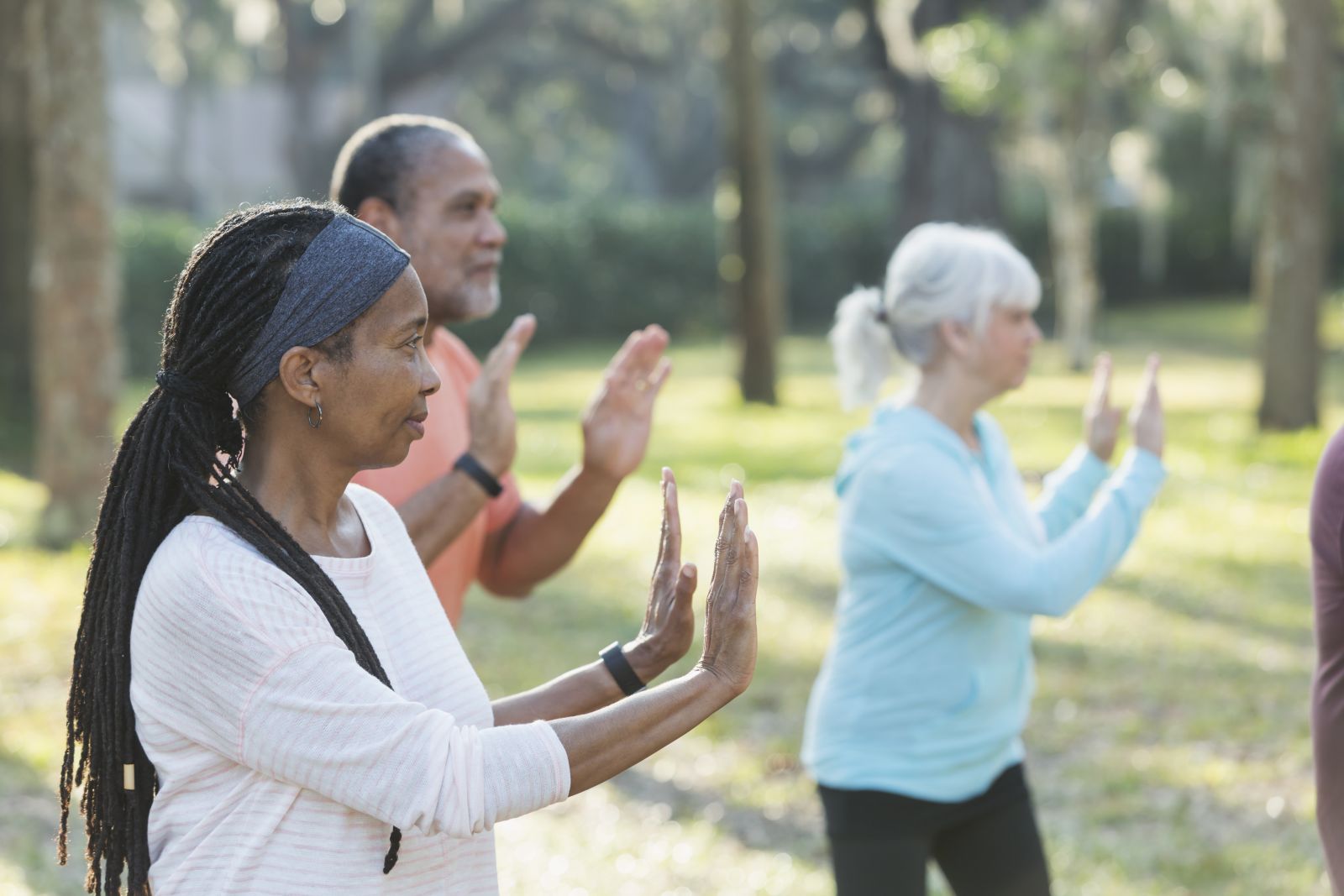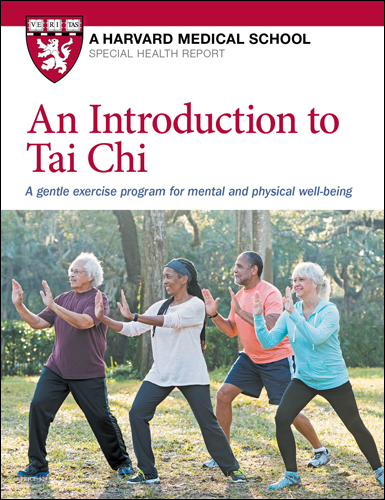Your doctor should immediately prescribe this unless their incompatence knows no bounds.
You didn't do your job correctly and create Tai chi protocols? So you have been incompetent since April 2013?
- tai chi (18)
A sharper mind: tai chi can improve cognitive function - Harvard Medical School
 |
There are lots of jokes about forgetting
where you put your keys, but as you get older, changes in your mental
function are no laughing matter. Changes in your brain that start around
age 50 can affect your memory, as well as other cognitive functions
such as your ability to juggle multiple tasks, process information
rapidly, and focus on details. By age 70, one in six people has mild
cognitive impairment (which can progress to Alzheimer's disease).
Up until about two decades ago, it was believed that your brain only produced new cells early in life. But research has shown that the brain has the ability to change throughout your entire life span, growing new cells, making new connections, and even increasing in size. These changes can improve cognitive function—and various forms of exercise, including tai chi, can help.
In a meta-analysis of 20 studies on tai chi
and cognition, tai chi appears to improve executive function—the ability
to multitask, manage time, and make decisions—in people without any
cognitive decline. In those with mild cognitive impairment, tai chi
slowed the progression to dementia more than other types of exercise and
improved their cognitive function in a comparable fashion to other
types of exercise or cognitive training.
In one study, researchers had nearly 400
Chinese men and women with some cognitive impairment perform either tai
chi or a stretching and toning program three times a week. After a year,
the tai chi group showed greater improvements, and only 2% of that
group progressed to dementia, while 11% from the traditional exercise
group did.
In another study, tai chi outperformed
walking. Following 40 weeks of either tai chi, walking, social
interaction, or no intervention, researchers compared MRI images and
discovered that brain volume increased the most in the tai chi group. In
addition, that group also performed better on cognitive tests.
To learn more about tai chi, its health benefits and how to learn its movements, read Introduction to Tai Chi, a Special Health Report from Harvard Medical School.

No comments:
Post a Comment